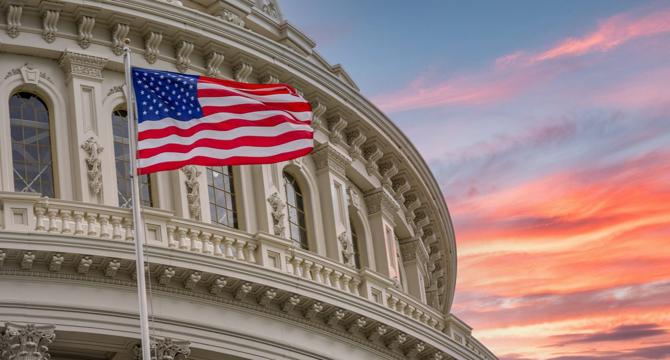Pymnts
3w
358

Image Credit: Pymnts
Can Senate’s GENIUS Stablecoin Bill Keep Companies Smart on Crypto?
- Stablecoins, like much of cryptocurrency, have been in a regulatory gray area in the U.S., attracting attention from lawmakers and financial watchdogs.
- The GENIUS Act, introduced in the Senate, aims to provide regulatory clarity for stablecoins to maintain stability and prevent illicit transactions.
- The bill proposes requirements like one-to-one reserves, prohibiting algorithmic stablecoins, and compliance with anti-money-laundering rules.
- GENIUS Act establishes a regulatory balance between state and federal oversight, permitting smaller issuers to operate under state supervision.
- Stablecoins are designed to maintain a stable value by pegging to a reserve asset, making them useful for digital payments and bridging traditional finance with DeFi.
- The Act mandates stablecoin issuers to maintain reserves on at least a one-to-one basis, overseen by the Federal Reserve and OCC based on issuer size.
- Notable stablecoin issuers like Tether and Circle's USD Coin may need to adjust their operational practices to comply with the new regulatory requirements.
- The GENIUS Act faces some controversy, with concerns raised by USDT stablecoin issuer Tether's CEO Paolo Ardoino regarding regulatory capture.
- Circle's CEO sees an opportunity with regulatory clarity for stablecoins, emphasizing benefits for households and small businesses in reducing fees.
- The GENIUS Act is not the only legislative effort addressing stablecoin regulation, with other bills like the STABLE Act and drafts from various lawmakers.
Read Full Article
21 Likes
For uninterrupted reading, download the app